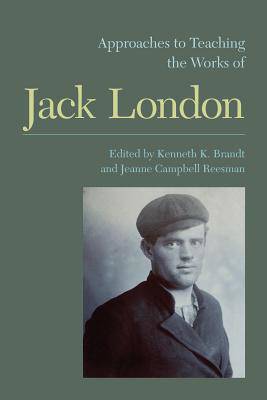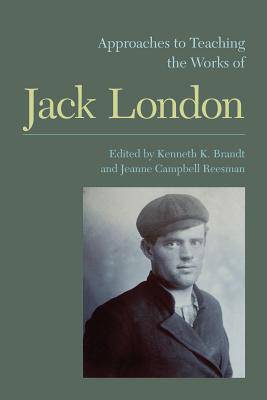
- Retrait gratuit dans votre magasin Club
- 7.000.000 titres dans notre catalogue
- Payer en toute sécurité
- Toujours un magasin près de chez vous
- Retrait gratuit dans votre magasin Club
- 7.000.000 titres dans notre catalogue
- Payer en toute sécurité
- Toujours un magasin près de chez vous
Description
A prolific and enduringly popular author--and an icon of American fiction--Jack London is a rewarding choice for inclusion in classrooms from middle school to graduate programs. London's biography and the role played by celebrity have garnered considerable attention, but the breadth of his personal experiences and political views and the many historical and cultural contexts that shaped his work are key to gaining a nuanced view of London's corpus of works, as this volume's wide-ranging perspectives and examples attest.
The first section of this volume, Materials, surveys the many resources available for teaching London, including editions of his works, sources for his photography, and audiovisual aids. In part 2, Approaches, contributors recommend practices for teaching London's works through the lenses of socialism and class, race, gender, ecocriticism and animal studies, theories of evolution, legal theory, and regional history, both in frequently taught texts such as The Call of the Wild, To Build a Fire, and Martin Eden and in his lesser-known works.
Spécifications
Parties prenantes
- Auteur(s) :
- Editeur:
Contenu
- Nombre de pages :
- 240
- Langue:
- Anglais
- Collection :
- Tome:
- n° 132
Caractéristiques
- EAN:
- 9781603291439
- Date de parution :
- 05-01-16
- Format:
- Livre broché
- Format numérique:
- Trade paperback (VS)
- Dimensions :
- 150 mm x 226 mm
- Poids :
- 317 g







